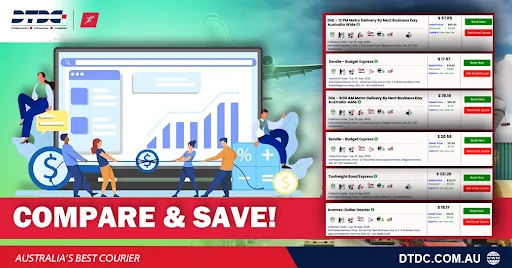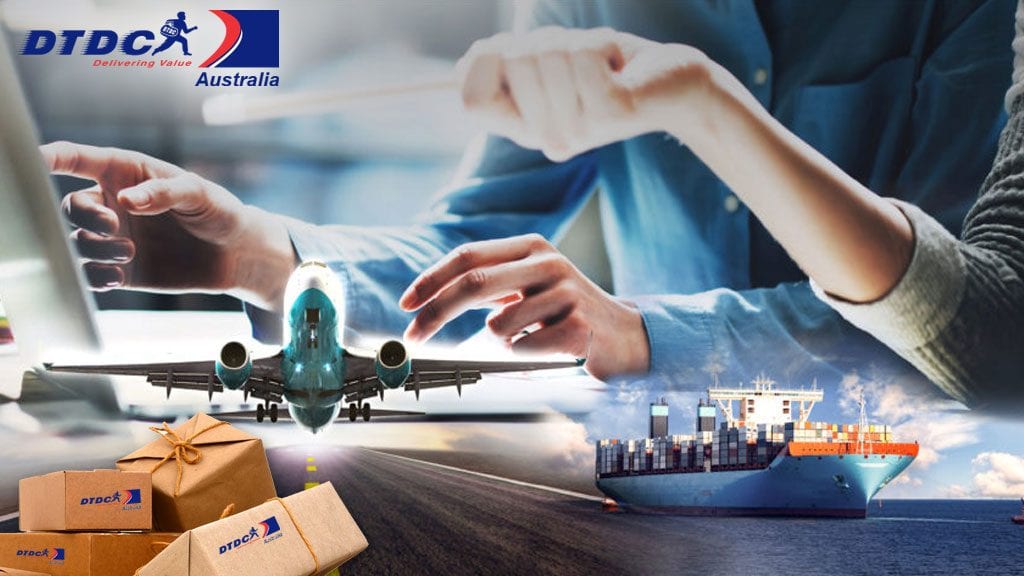The key benefits are reduced costs, quick arrivals and complete tracking of goods. The new technologies like the Internet of Things (IoT) and people’s habits of buying even very heavy goods online and getting overnight delivery are driving this change. The impact will be large as the logistics sector currently is less automated, employs a large workforce and accounts for 10-14 per cent of the GDP of most countries.
Logistics cost includes all expenses associated with taking a product from the seller to the last consumer. These could be direct costs like transport cost or indirect costs like charges of freight forwarders or custom house agents. Logistics cost is significant and add on an average of 30 to 40 per cent to the cost of the goods. That’s why most people prefer DTDC so that cost of goods reduced to the maximum. The logistics revolution will also transform Australian shipping and trucking sectors.
Companies move goods in two ways. Light packets up to say 50 kg move through the courier firms such as DTDC, FedEx or Skypack. Our firms do an end-to-end job. We collect goods from a factory and deliver them to the consumer within the same day or day or two in most locations globally.
The high cost is the reason, companies choose to ship large or less urgent consignments by sea. It is cheap compared to the courier, but delivery takes more time because of complex shipping, customs procedures. And also as over 70 per cent of the logistics sector is in small, unorganised hands. Many small service providers coordinate to deliver a packet or container. Trucks often spend 6-12 hours covering the last mile at the port due to traffic or port procedures, resulting in missing of the ship. But this model is set to change. A large firm like DTDC is in the cargo business to offer worldwide door-to-door delivery.













